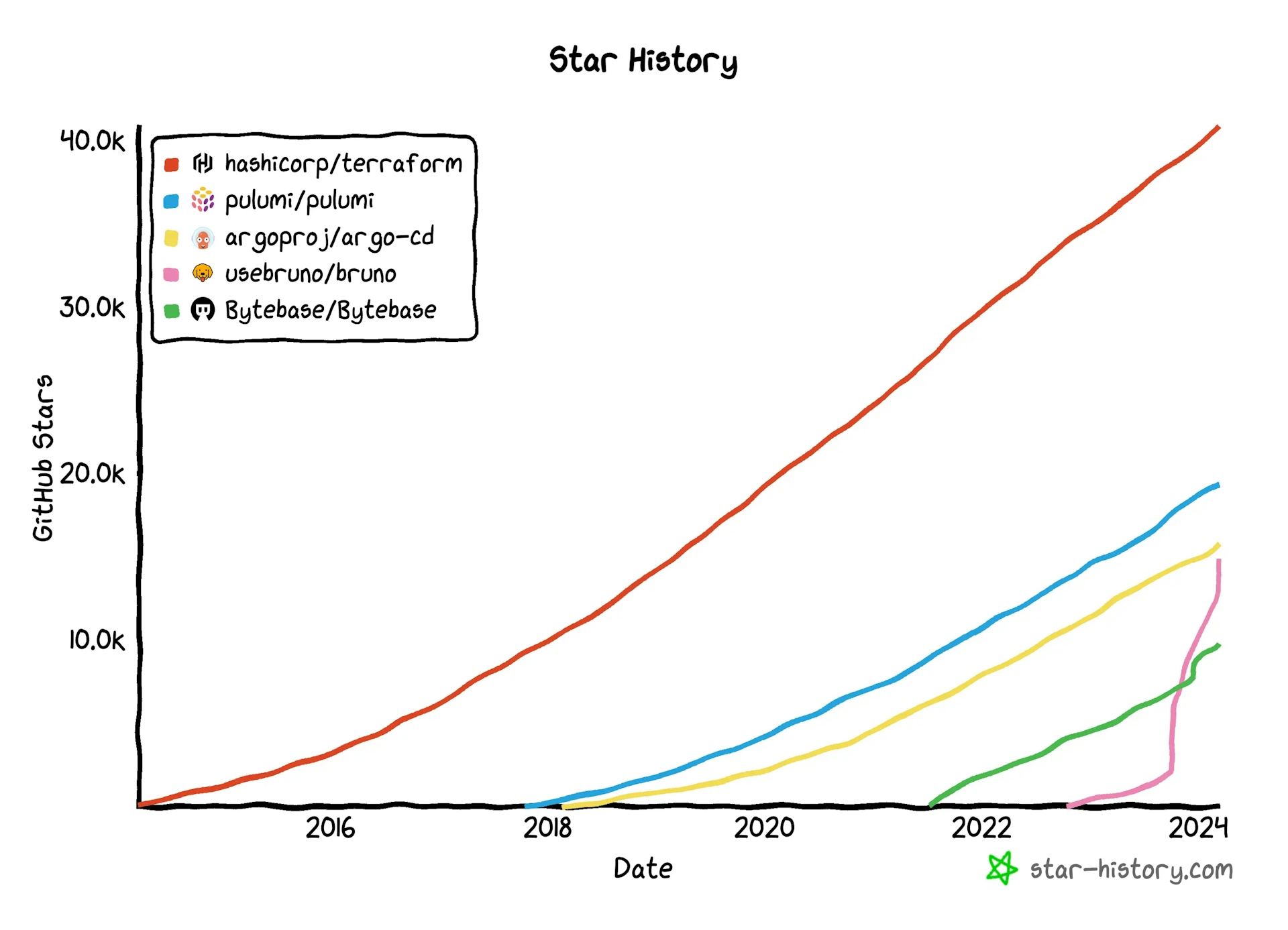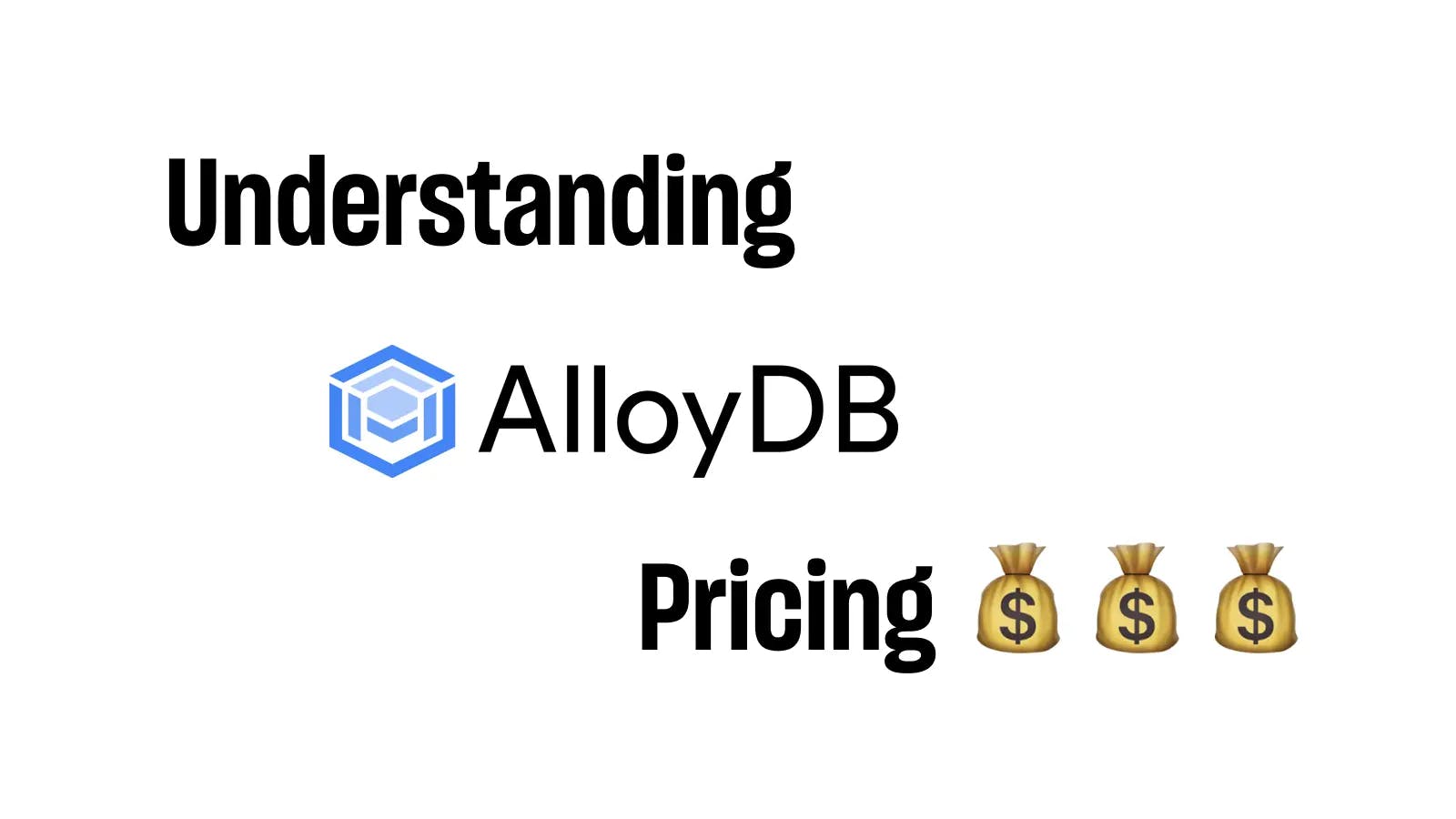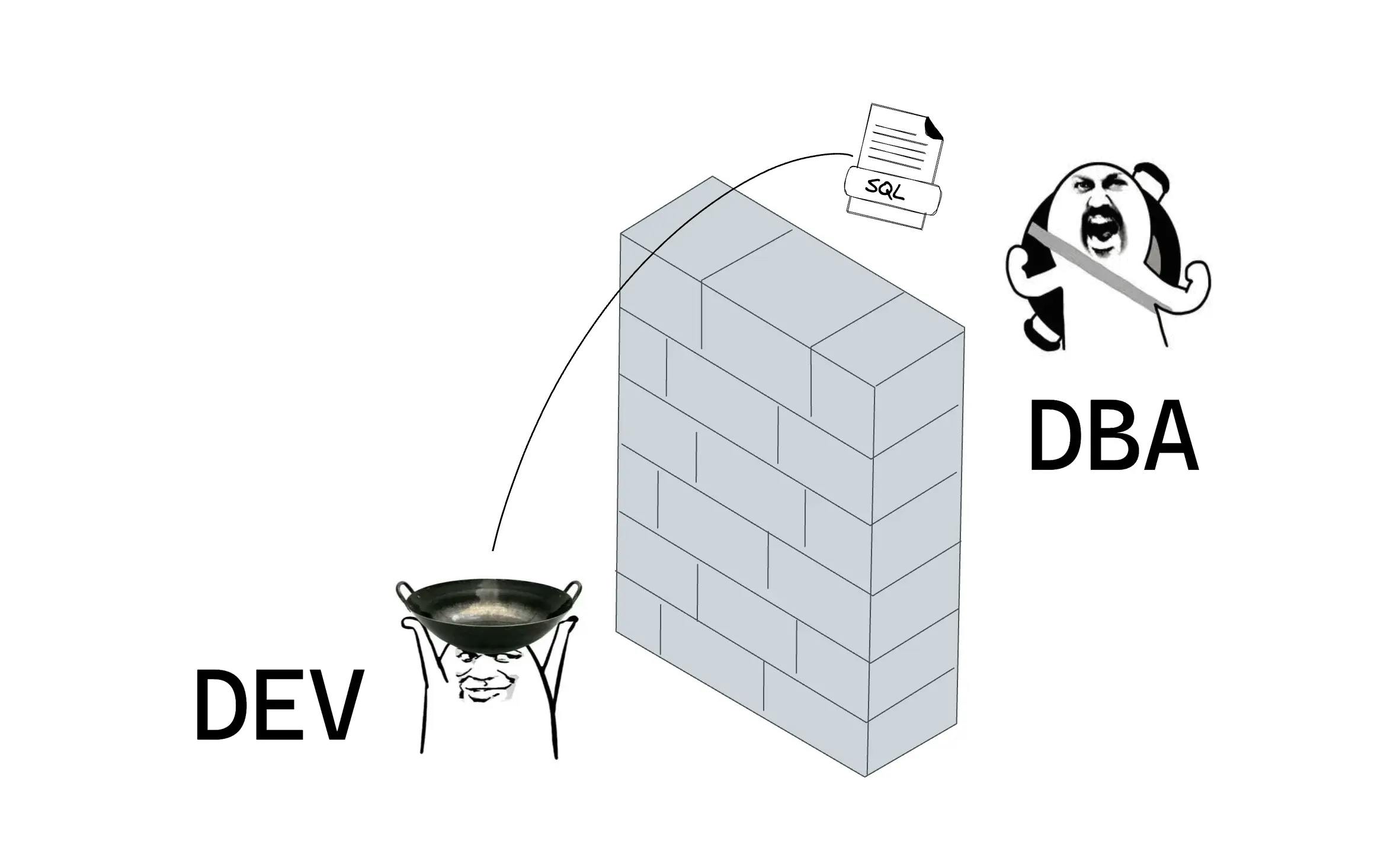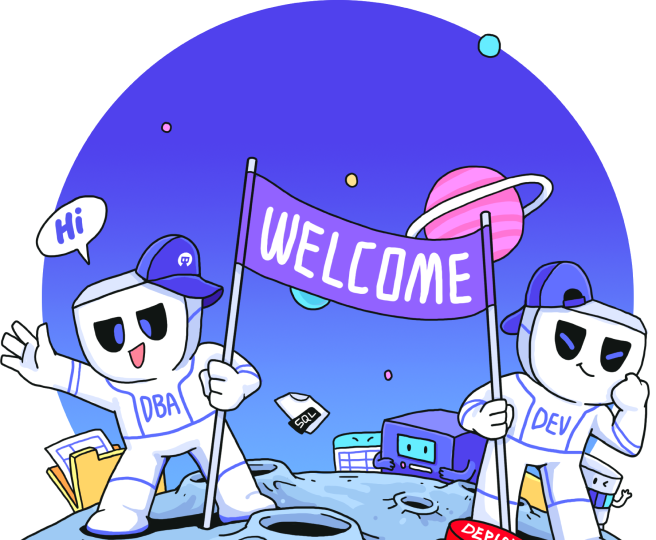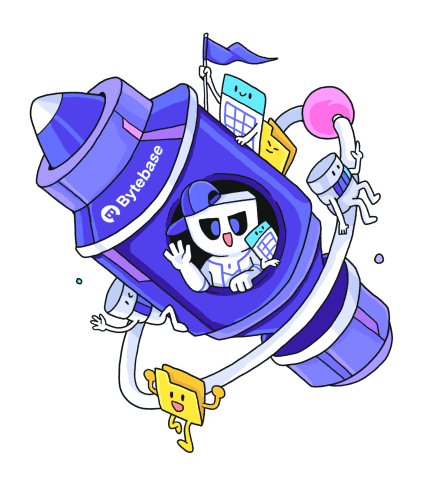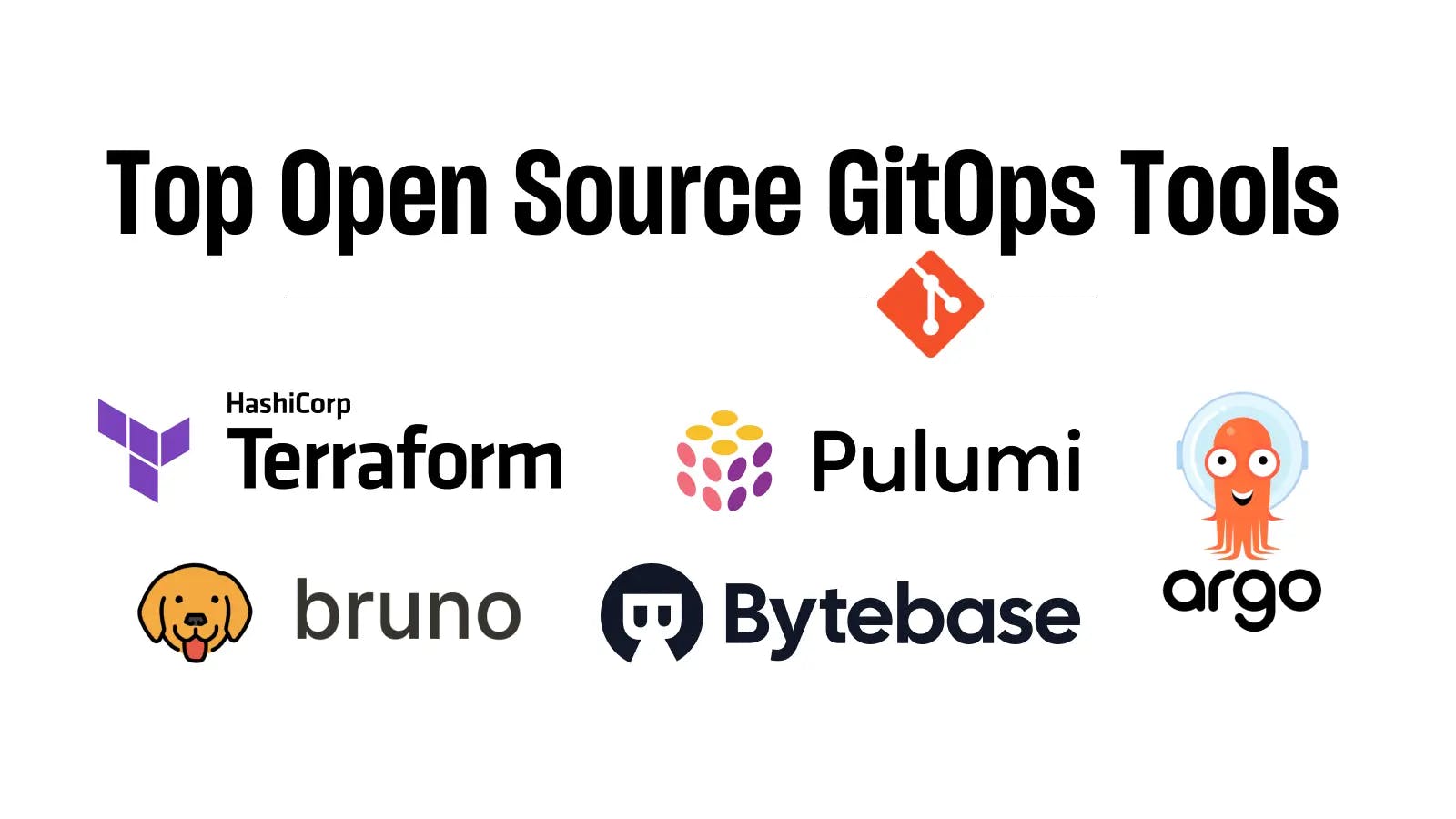
GitOps is a modern approach to manage infrastructure that emphasizes automation, collaboration, and continuous delivery. It’s based on the idea of using Git as the single source of truth for configuration and code. With GitOps, all changes to infrastructure are made through pull requests, which are reviewed and approved by other team members before being merged into the main branch.
In this post, we are reviewing several open-source GitOps tools:
Terraform
Terraform is an open-source infrastructure as code tool (IaC) that lets you build, change, and version infrastructure safely and efficiently. This includes low-level components like compute instances, storage, and networking; and high-level components like DNS entries and SaaS features.
Terraform uses HashiCorp Configuration Language (HCL) and also supports JSON for writing configurations.
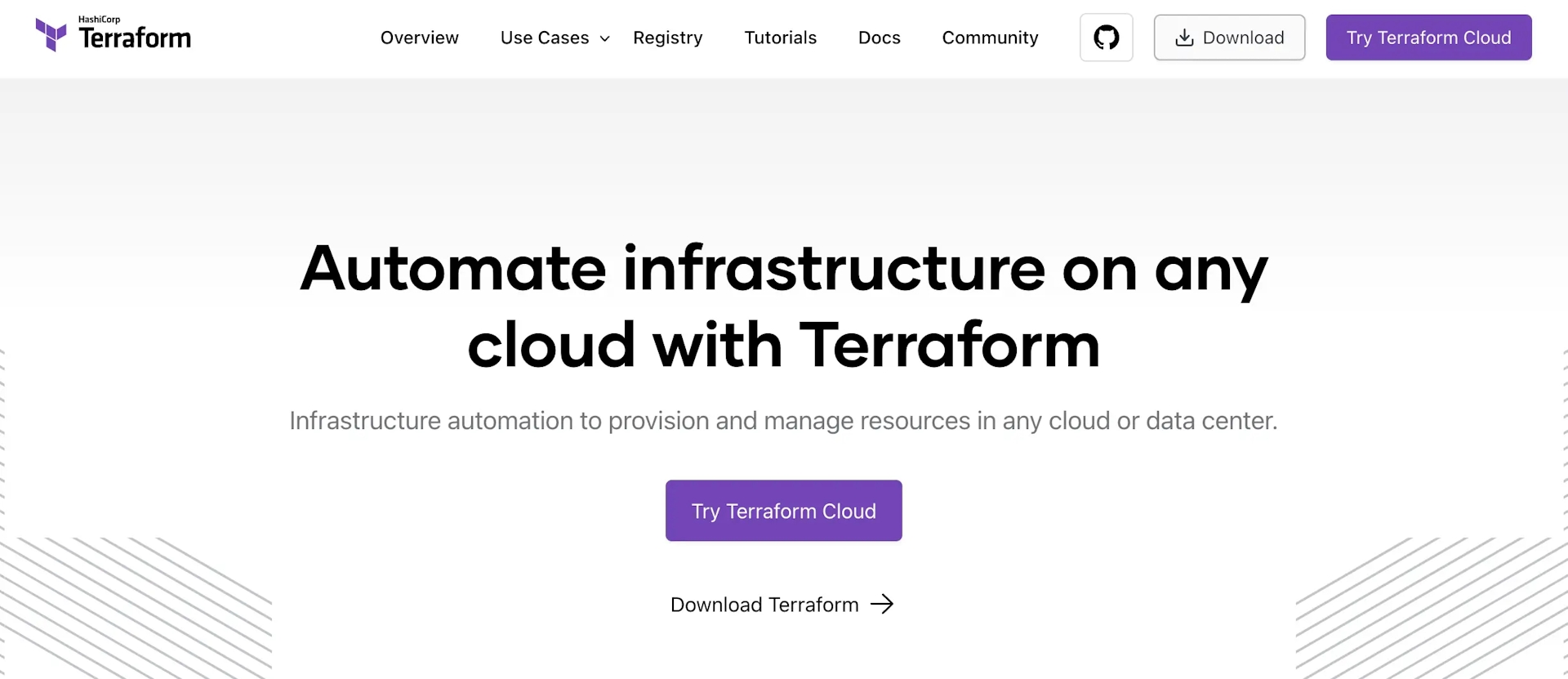
To enable GitOps, create a Git repo with Terraform configs, define infrastructure in Terraform, and manage updates via a pipeline and pull requests.
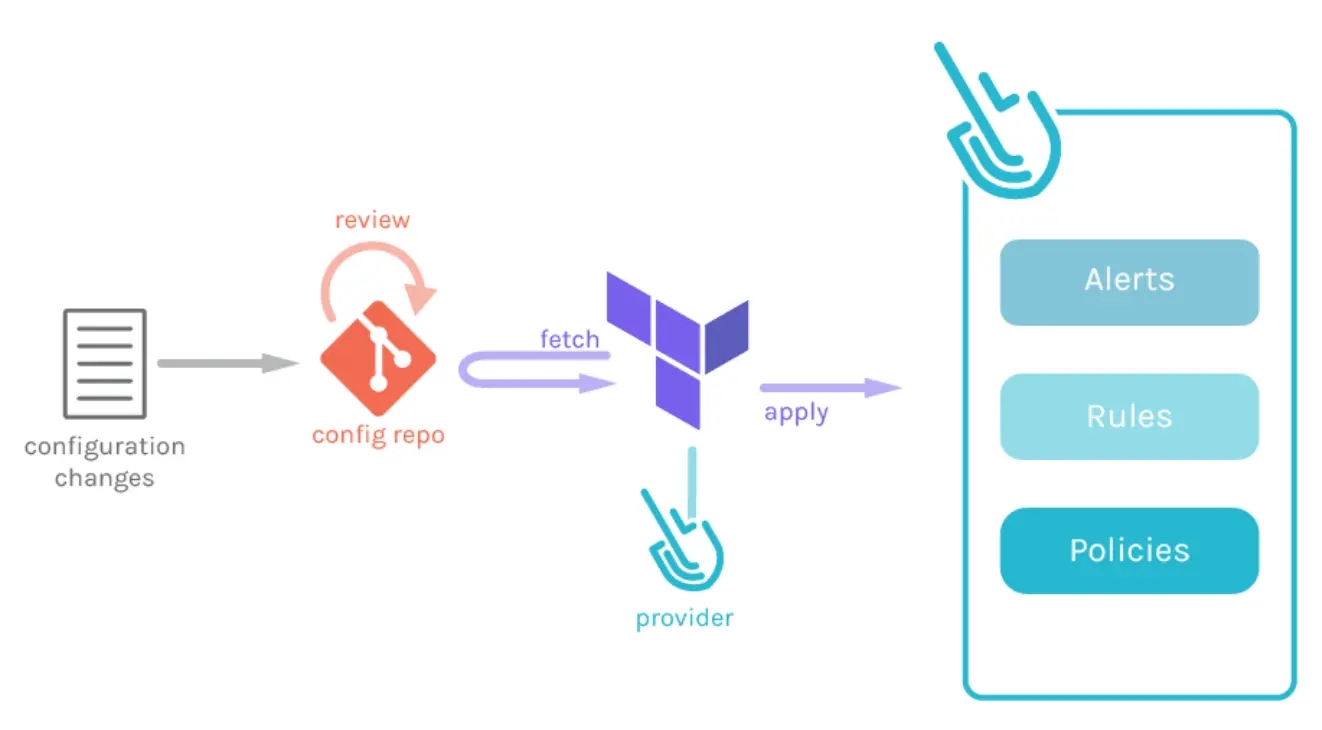
Pulumi
Pulumi is an open-source infrastructure as code tool that allows you to create, deploy, and manage cloud infrastructure using your favorite language. Unlike Terraform, Pulumi uses real programming languages like Python, JavaScript, and Go to define infrastructure.
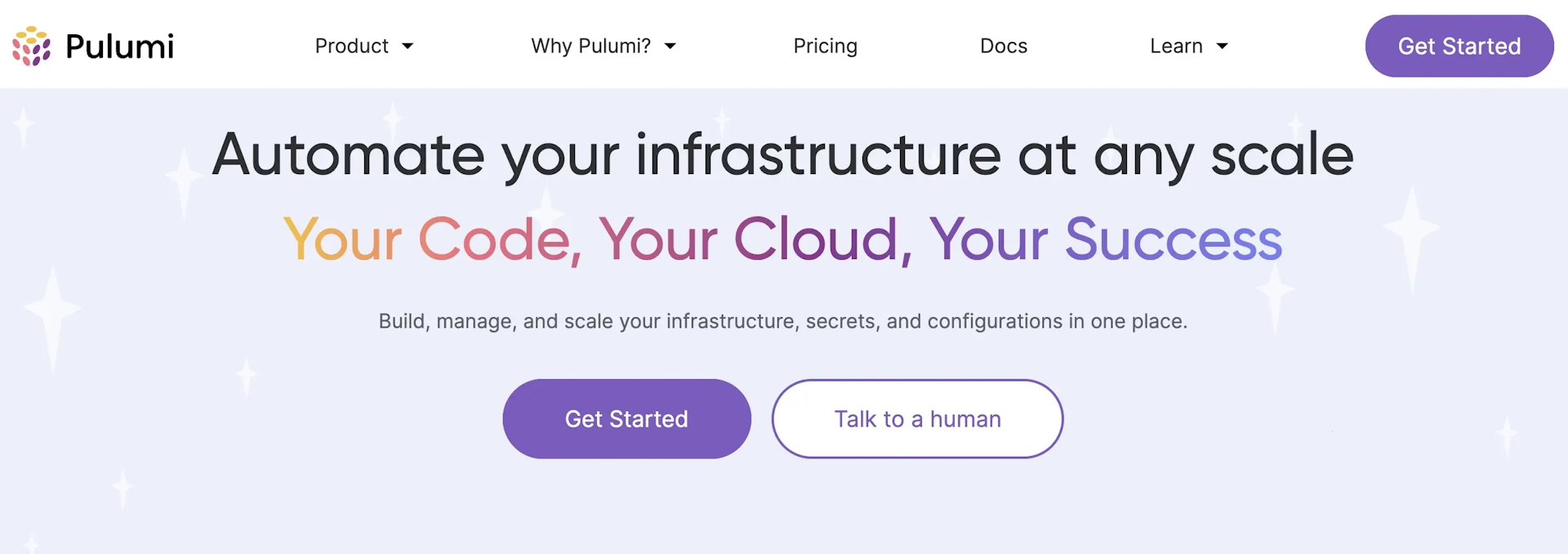
Similar to Terraform, Pulumi can be used to enable GitOps by creating a Git repo with Pulumi configs, defining infrastructure in Pulumi, and managing updates via a pipeline and pull requests.
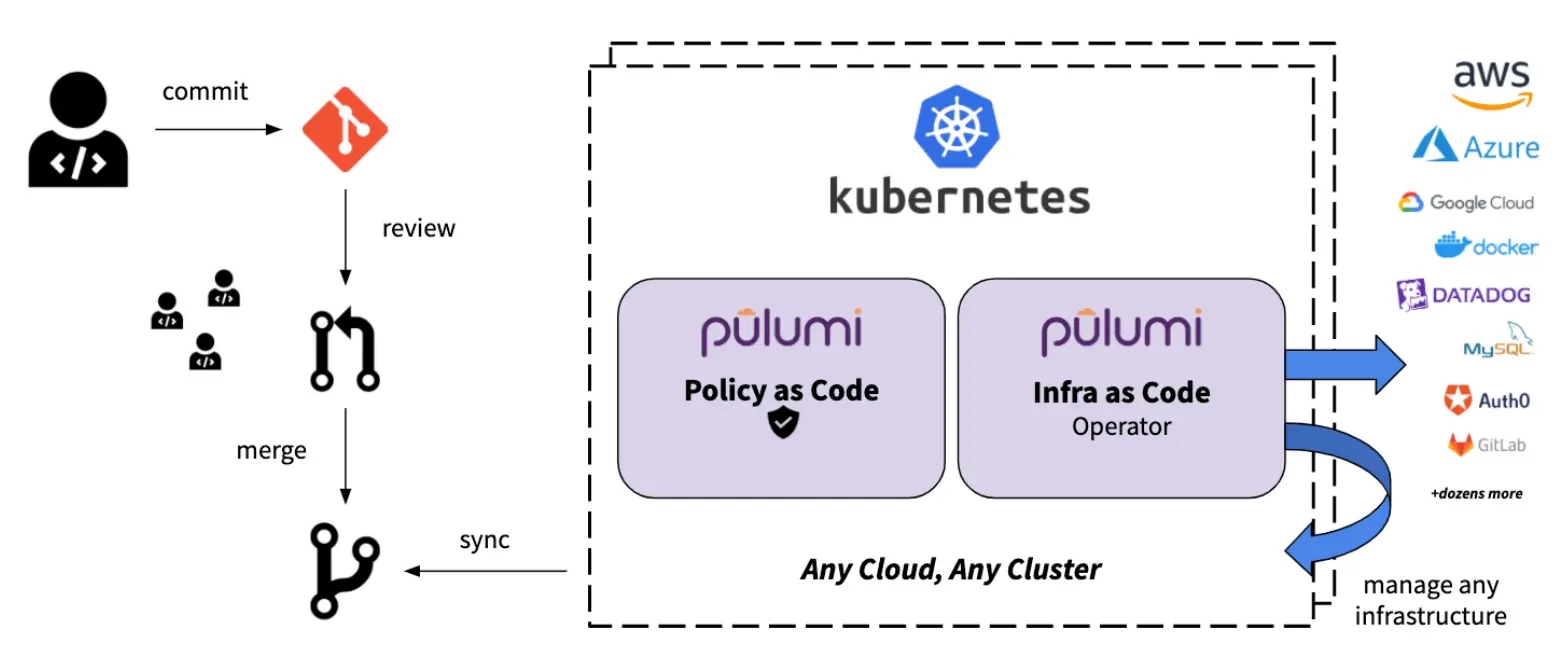
ArgoCD
ArgoCD is a declarative, GitOps continuous delivery tool for Kubernetes.
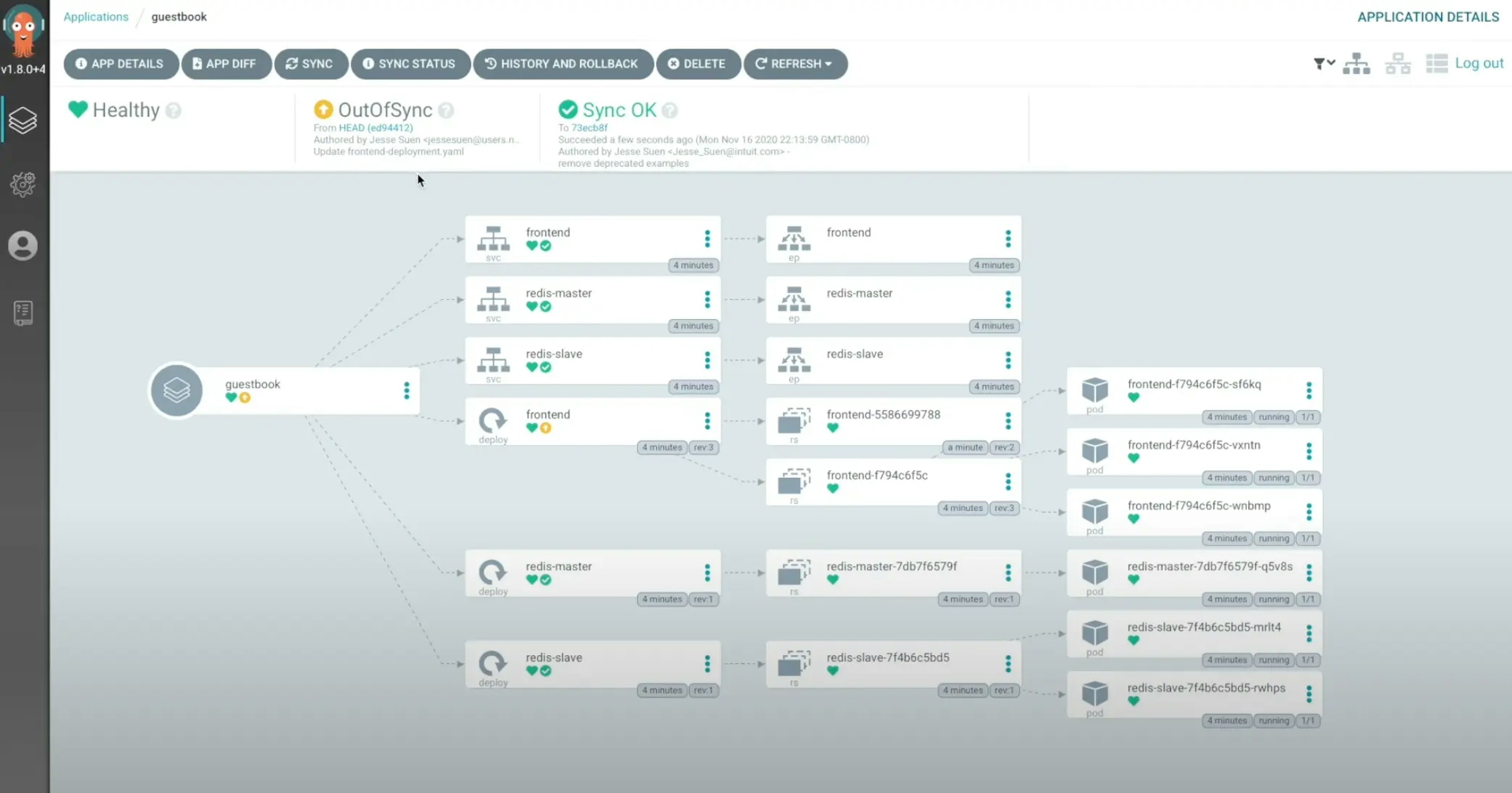
Argo CD follows the GitOps pattern of using Git repositories as the source of truth for defining the desired application state. Kubernetes manifests can be specified in several ways such as kustomize applications, helm charts and jsonnet files.
Argo CD automates the deployment of the desired application states in the specified target environments. Application deployments can track updates to branches, tags, or pinned to a specific version of manifests at a Git commit.
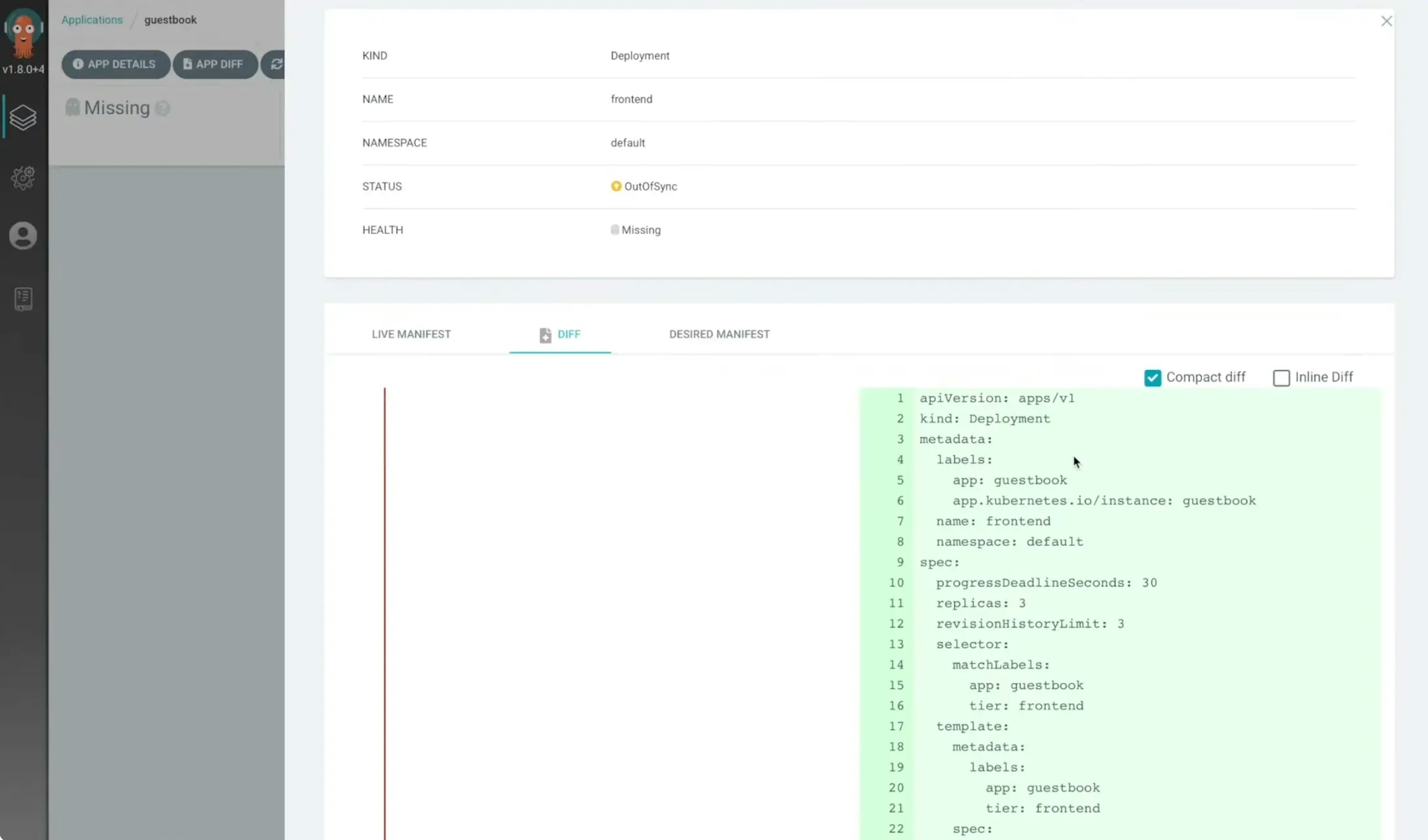
Bruno
Bruno is a Fast and Git-Friendly open-source API client, aimed at revolutionizing the status quo represented by Postman, Insomnia and similar tools out there.
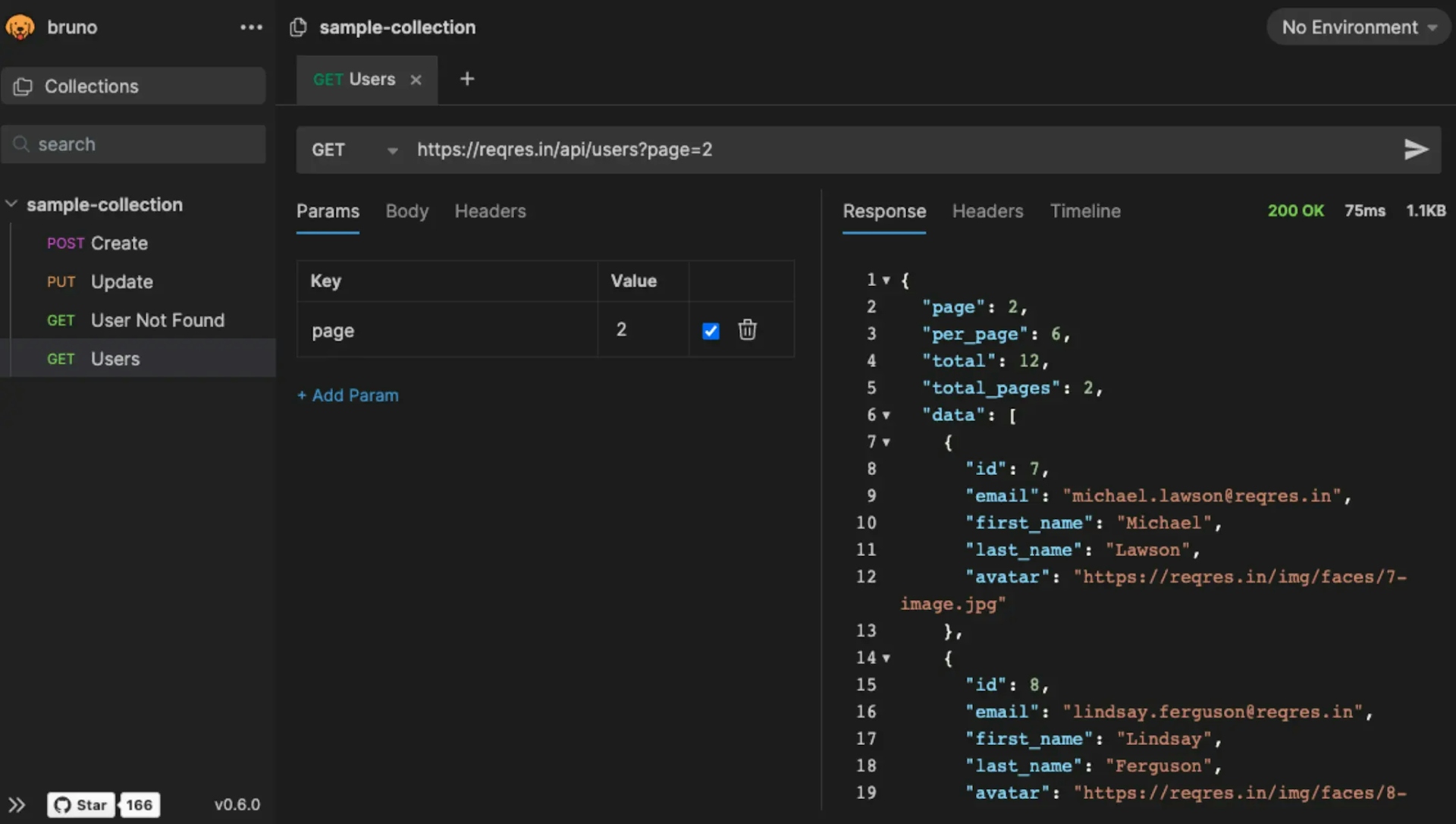
Bruno stores your collections directly in a folder on your filesystem with a plain text markup language, Bru, to save information about API requests.
Regarding GitOps, you can use git or any version control of your choice to collaborate over your API collections.
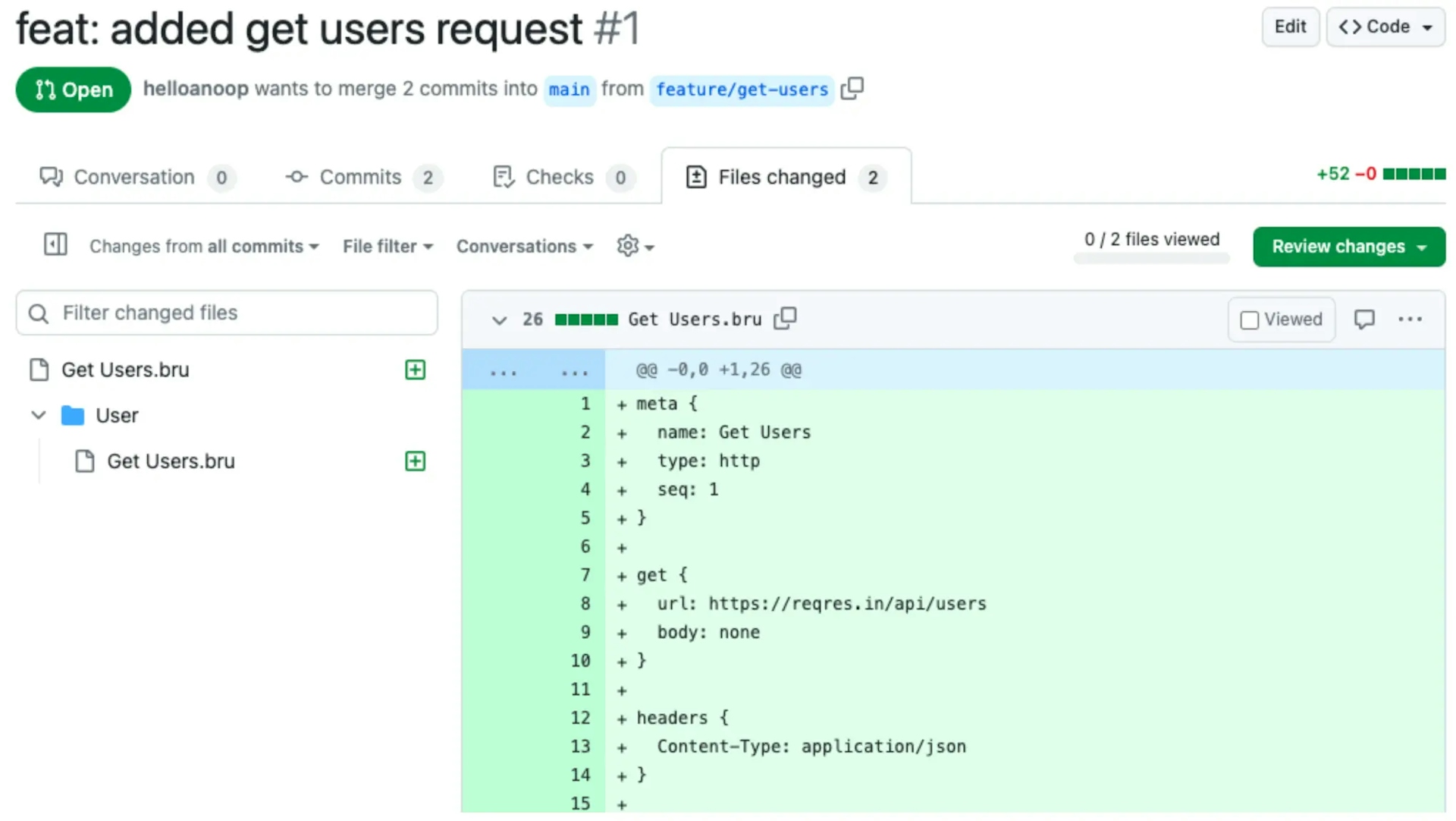
Bytebase
Bytebase is an all-in-one database DevOps and CI/CD solution. It's like GitHub/GitLab that provides a GUI workspace for developers and DBAs to collaborate on database changes.
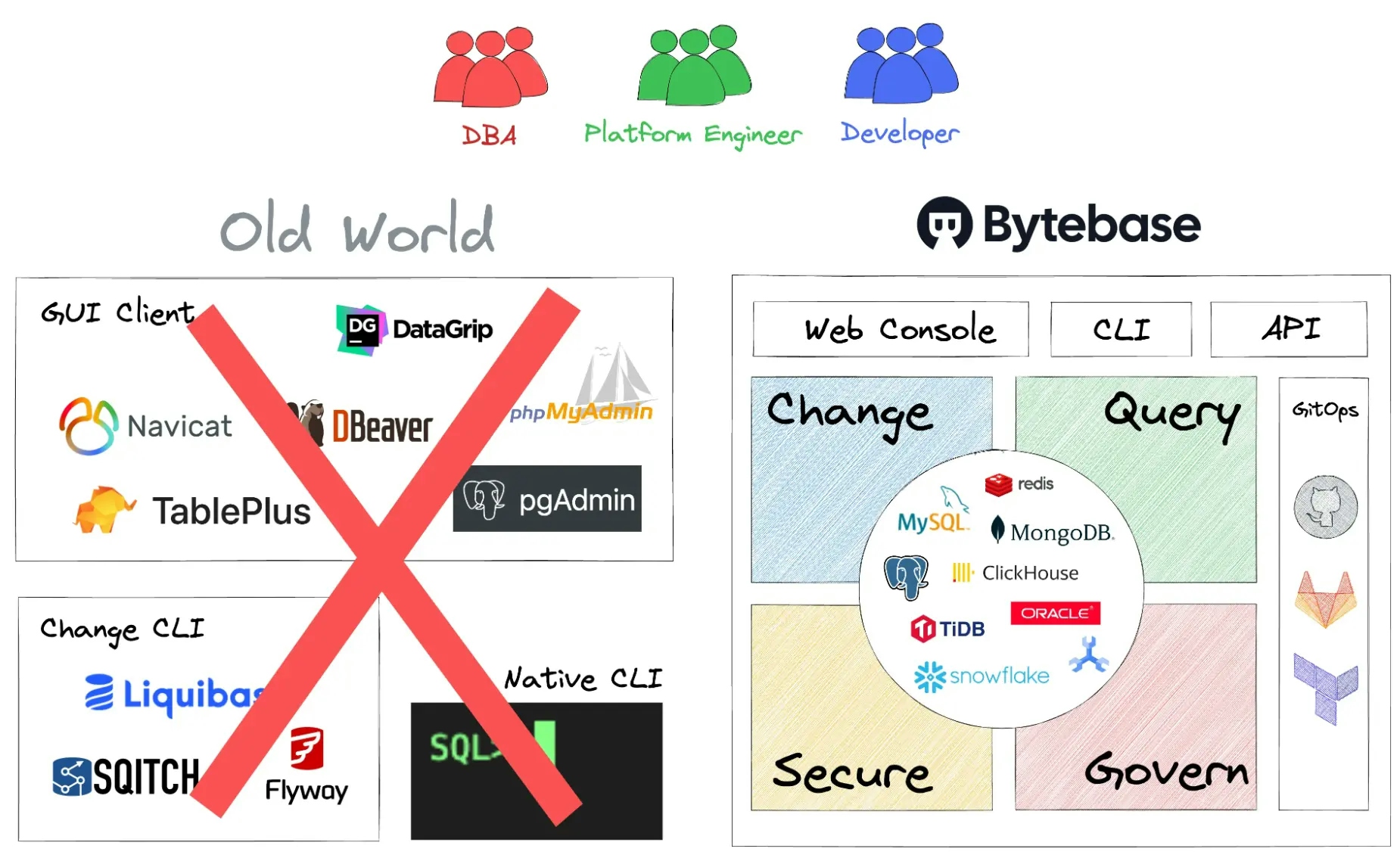
Besides its intuitive UI workflow, Bytebase also supports a GitOps workflow for managing database changes. This feature allows for initiating database issues through pull requests. Furthermore, Bytebase provides SQL review, custom approval workflows, and rollout policies, enabling database changes to be managed in an advanced GitOps manner.
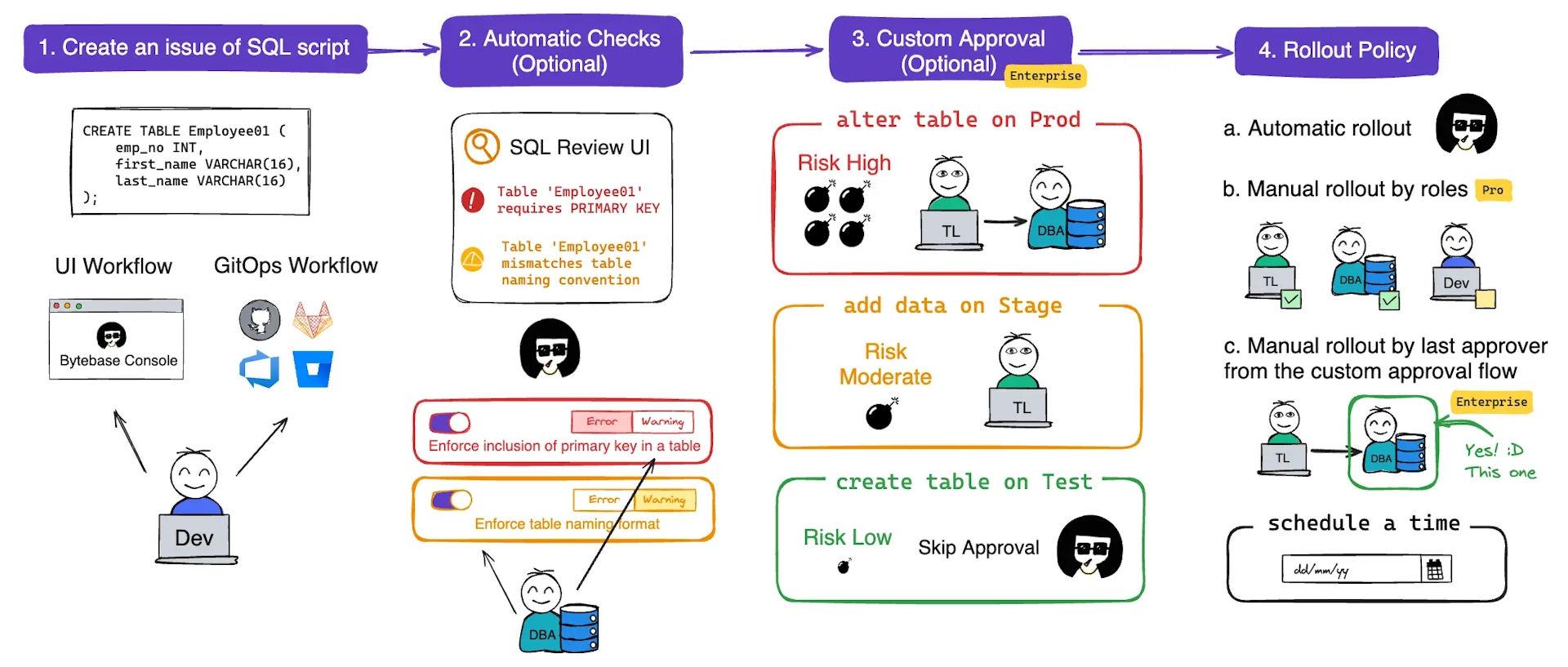
Summary
To summarize, these open-source GitOps tools offer a range of options for managing infrastructure and application deployments. They adhere to the GitOps principles, automating the deployment process to achieve the desired states in specified target environments.
